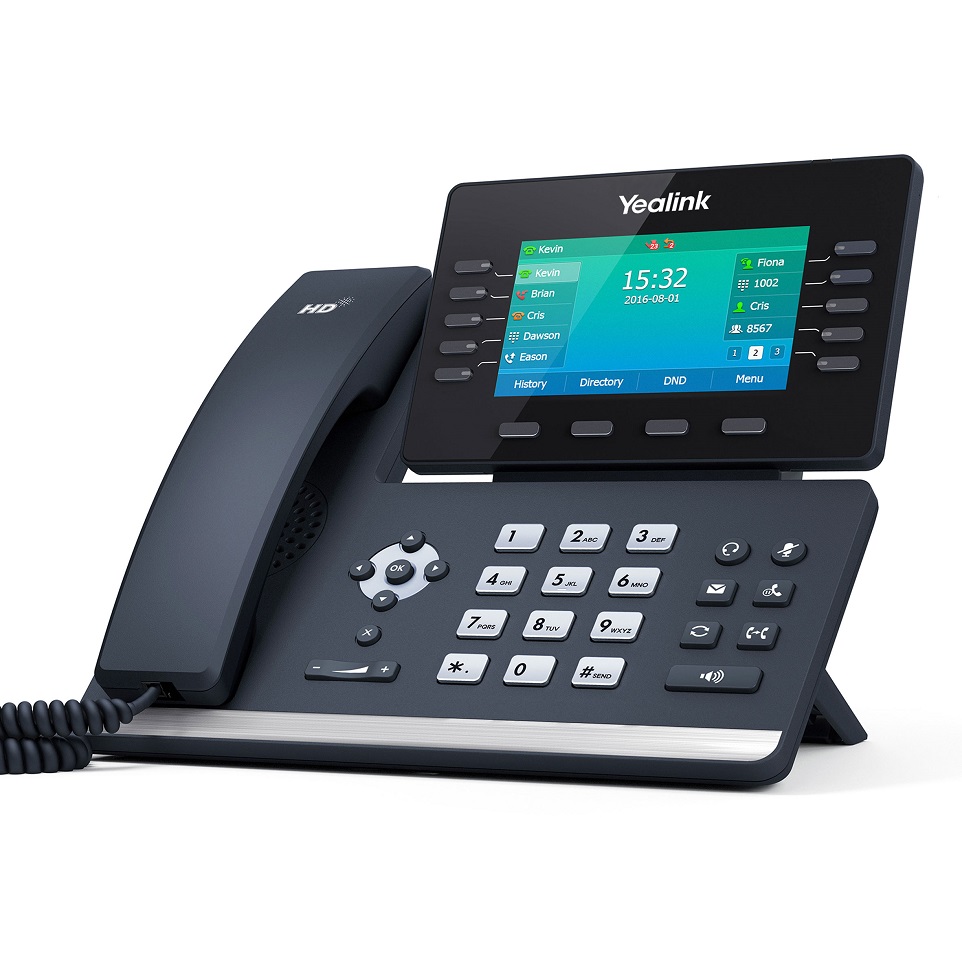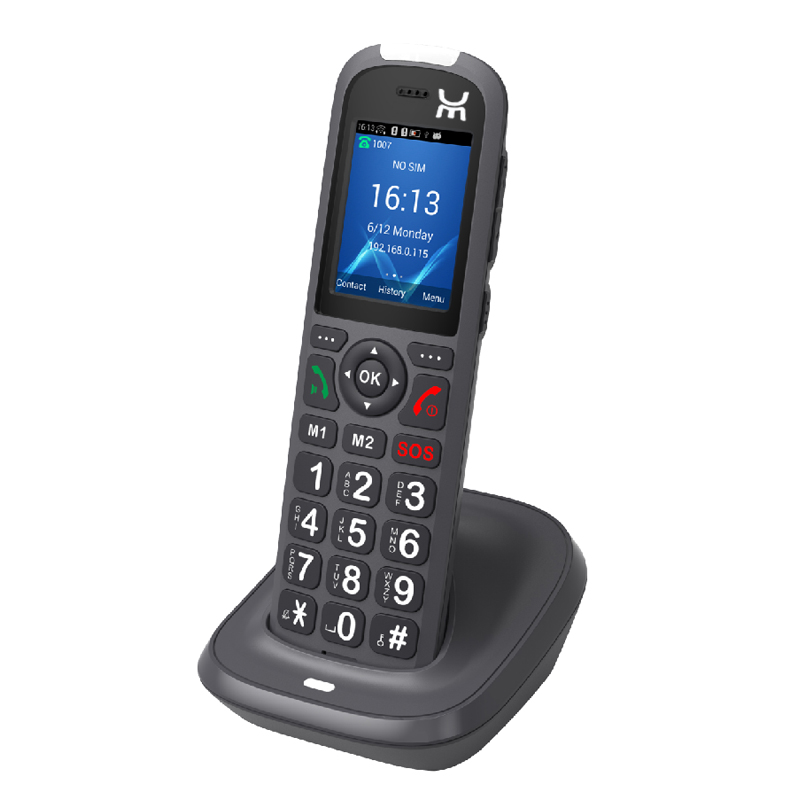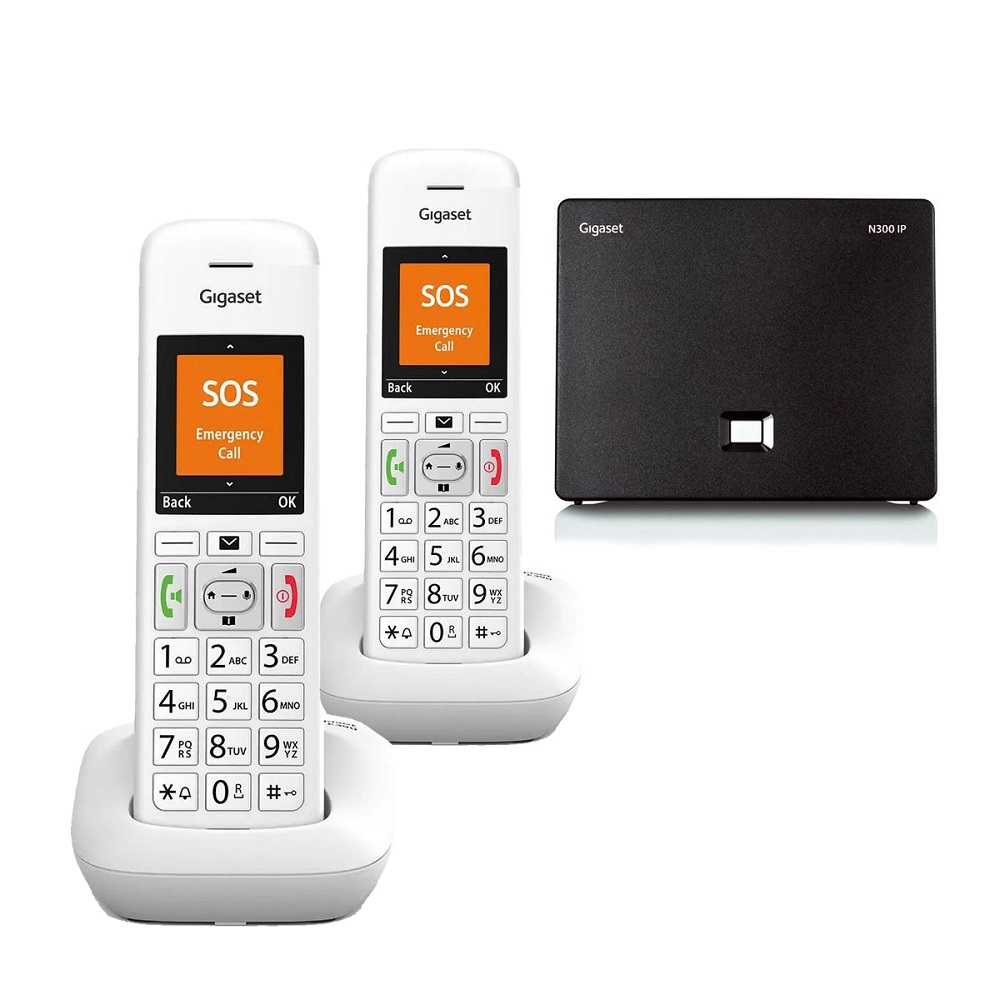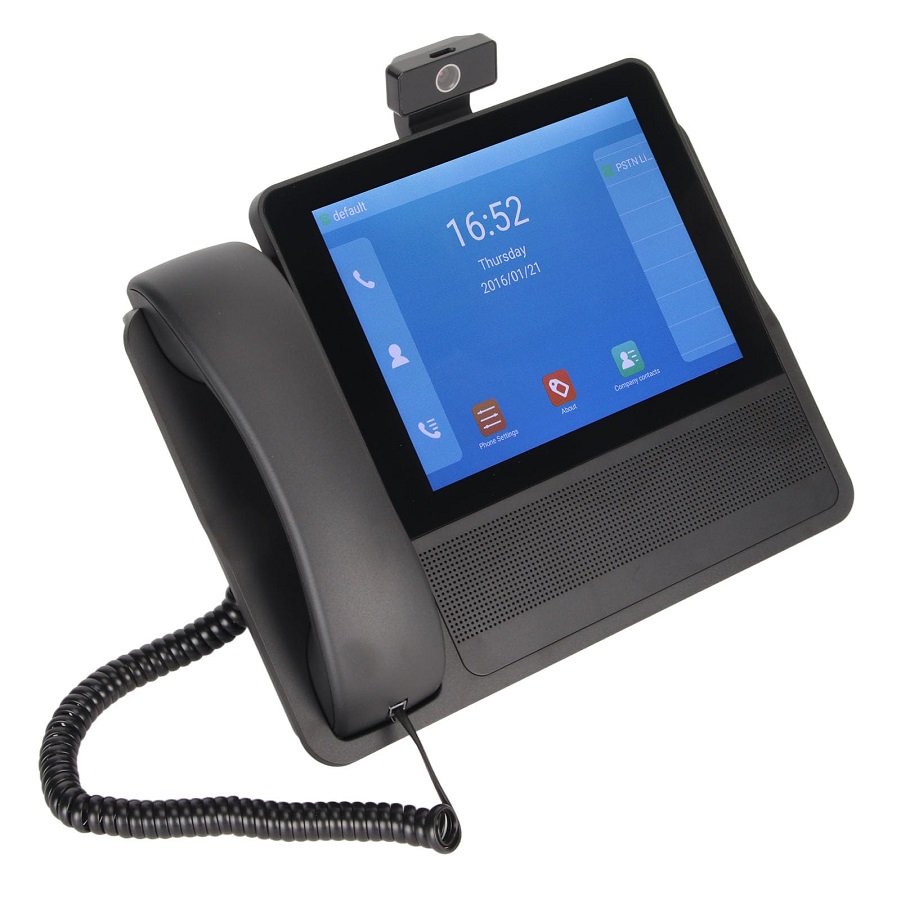Voice over Internet Protocol (VoIP) mobile phones are changing how we communicate. With the rise of the internet and mobile technology, VoIP has gained momentum. This technology allows users to make voice calls using the internet instead of traditional phone networks. As a result, VoIP mobile phones have become popular choices among users looking for cost-effective and feature-rich communication alternatives.
What is VoIP?
Defining VoIP Technology
VoIP stands for Voice over Internet Protocol. Simply put, it is a technology that converts voice into data packets. These packets travel over the internet, allowing users to make voice calls without traditional telephone lines. VoIP technology can be found in various applications, such as Skype, WhatsApp, and Zoom. Many users now utilize applications like these on their mobile devices.
VoIP can serve as both a complete phone system and a supplement to traditional landlines. This versatility makes it appealing to businesses and individuals alike. The technology is characterized by features such as low-cost calling, enhanced voice quality, and the convenience of using devices that users already carry with them.
How VoIP Works
At its core, VoIP works by digitizing voice signals. When a user speaks into a VoIP-enabled device, the technology captures the audio and converts it into a digital format. This digital data is then compressed and broken into smaller packets. These packets travel through the internet and reach the recipient’s device. Upon arrival, the recipient’s device converts the data back into sound, allowing the calls to be heard clearly.
The key components of VoIP technology include codecs, signaling protocols, and the internet. Codecs are responsible for encoding and decoding voice signals, ensuring minimal loss of quality. Signaling protocols control the setup and termination of calls, allowing users to connect seamlessly. Lastly, the internet is the backbone that facilitates this entire process.
Advantages of VoIP Mobile Phones
Cost Efficiency
One of the main advantages of VoIP mobile phones is cost efficiency. Traditional telephone services often involve hefty monthly fees and additional charges for long-distance calls. VoIP services typically charge lower rates, especially for international calls. Many VoIP providers also offer flat-rate monthly plans. This pricing model delivers significant savings to both individual consumers and businesses alike.
Moreover, with VoIP, users can avoid extra fees incurred for calls made outside their calling plan. This feature is particularly beneficial for frequent travelers or those with family and friends living abroad. VoIP mobile phones often include features that allow users to make unlimited local and international calls without incurring excessive costs.
Versatility and Flexibility
VoIP mobile phones offer something unique: versatility. Since VoIP technology relies on the internet, users can make calls from anywhere with an internet connection. This feature is particularly appealing to digital nomads and remote workers who need to stay connected while traveling.
Users can also choose from various VoIP applications, enabling them to select a service that meets their specific needs. Many VoIP providers offer complementary services such as video calls, instant messaging, and even virtual faxing. This variety gives users more options than traditional phone services offer.
Enhanced Features
Traditional phone services often come with limited features. In contrast, VoIP mobile phones are packed with a range of functionalities. Call forwarding, voicemail-to-email, conference calls, and call analytics are just some advanced features users enjoy. Many VoIP services also include high-definition voice quality, which enhances the overall user experience.
Furthermore, VoIP applications frequently receive updates that improve functionality and introduce new features. Users can benefit from ongoing innovations that make VoIP calling easier and more effective. This continual evolution keeps VoIP services ahead of their traditional counterparts.
Disadvantages of VoIP Mobile Phones
Dependence on Internet Connectivity
While VoIP mobile phones offer numerous advantages, they also come with challenges. A primary concern is their dependence on internet connectivity. VoIP calls require a stable, high-speed internet connection to function properly. If the connection is slow or inconsistent, call quality may suffer. Users may experience lagging, dropped calls, or poor sound quality, which can be frustrating.
This limitation can be particularly problematic in areas with unreliable internet service. For instance, users in rural regions or developing countries may struggle to access quality VoIP services. This situation is less of an issue for those in urban settings with robust internet infrastructure.
Security Concerns
Another drawback of VoIP technology involves security concerns. Because VoIP calls travel over the internet, they can be more susceptible to hacking, eavesdropping, and other cyber threats. Hackers may exploit vulnerabilities in VoIP systems to gain access to private calls or personal information. Users must be aware of these dangers and take precautions to protect their communication.
To enhance security, users should consider using a Virtual Private Network (VPN) for VoIP calls. A VPN encrypts the data transmitted over the internet, making it more difficult for unauthorized individuals to access it. Additionally, users should choose VoIP providers that prioritize security and use advanced encryption technologies to protect their users.
Limited Emergency Communication
Unlike traditional telephone services, VoIP mobile phones can have limitations when dialing emergency numbers. In many cases, VoIP calls may not transmit the caller’s location accurately. This issue poses potential risks in emergencies, where every second counts. Users relying solely on VoIP mobile phones should be aware of these limitations and have an alternate method for emergency communication.
VoIP providers are working to address these concerns, but users should remain vigilant. In locations where accurate location tracking remains unproven, it is advisable to keep a backup communication method, such as a traditional cell phone, at hand.
VoIP Mobile Phones vs. Traditional Mobile Phones
Comparing Costs and Services
When comparing VoIP mobile phones to traditional mobile phones, the differences are notable. Traditional mobile phones operate on cellular networks, which typically involve higher monthly service fees and additional charges for long-distance calls. VoIP mobile phones, however, leverage the internet to offer lower-cost calls and flexible pricing plans.
In addition to costs, users should consider the range of services provided. Traditional mobile phone services usually include standard calling, texting, and limited data plans. VoIP services, on the other hand, typically offer a wealth of features. These include HD voice quality, video calls, and integrated messaging services, all of which enrich user experience significantly.
Functionality and Convenience
Functionality is another area where VoIP mobile phones shine. VoIP services offer seamless integration with various applications and tools. For example, users can easily switch between voice calls, video chats, and messaging within the same platform. This all-in-one functionality is attractive to many users seeking a more streamlined communication experience.
In contrast, traditional mobile phones usually lack this level of interconnectedness. Users often find themselves juggling multiple apps and services to manage their communications effectively. With a VoIP mobile phone, the ability to have everything in one application greatly enhances convenience.
User Experience
User experience can significantly impact device preference. Many users find that VoIP provides a more enjoyable calling experience. With features such as noise cancellation and enhanced voice clarity, conversations can feel more lifelike. Additionally, VoIP applications regularly improve their interfaces, making them user-friendly.
On the other hand, traditional mobile networks can sometimes yield poor call quality due to signal interference or congestion. Thus, many users find themselves gravitating towards VoIP mobile phones for improved experiences.
Choosing the Right VoIP Mobile Phone
Assessing Your Needs
When selecting a VoIP mobile phone, it is essential to assess your needs. Consider how you plan to use the device. Are you primarily making local calls, or do you need to reach international contacts frequently? Understanding your calling habits will help you choose a VoIP provider with the right plan for you.
Moreover, think about additional features you may require. For example, do you value video calls or conference calling? Are instant messaging services a priority? By identifying the features you find most useful, you can select a VoIP mobile phone that best suits your communication style.
Researching Providers
Not all VoIP providers are created equal. Take the time to research different companies and their offerings. Compare pricing, features, call quality, and customer support. User reviews can be quite illuminating and provide useful insights into the reliability of a provider.
It is also worth considering whether a provider offers an app for your operating system. VoIP services should be compatible with your preferred devices to maximize usability. Look for providers that have user-friendly applications and a strong track record of performance.
Trialing Services
Many VoIP providers offer free trials or money-back guarantees. Take advantage of these opportunities to test a service before committing. A trial can give you a clear sense of the call quality, user interface, and available features. Pay attention to details like setup processes and customer support during your trial period.
Future of VoIP Mobile Phones
Evolving Technology
The future of VoIP mobile phones looks promising. As internet technology continues to advance, so too will VoIP capabilities. Developments in 5G technology stand to revolutionize VoIP calling. With faster internet speeds and lower latency, users can expect improved call quality and reliability.
Additionally, more applications are being developed to integrate various communication channels. This trend will likely lead to even more features on VoIP platforms, making them increasingly user-friendly and versatile. As competition in the VoIP space grows, providers will strive to innovate and enhance their offerings.
Changing Communication Trends
As society becomes more globalized and interconnected, the demand for cost-effective communication solutions will rise. VoIP mobile phones meet this demand by allowing seamless communication across borders. Users can easily stay connected with friends, family, and colleagues around the world.
Furthermore, remote work trends are likely to continue. As businesses embrace a more global workforce, the need for efficient communication tools will remain critical. VoIP technologies will play a significant role in enabling this new way of working.
Embracing Security Advancements
Security remains a priority for VoIP providers. Future developments will focus on making VoIP systems more secure against cyber threats. Innovations in encryption and data protection will help enhance user trust.
Providers will also likely work closely with regulatory bodies to ensure compliance with security regulations. As VoIP technology continues to develop, users can expect enhanced safety features that protect their communications.
Conclusion
VoIP mobile phones represent a significant shift in how we communicate. By leveraging the internet, they offer enhanced features, lower costs, and greater flexibility than traditional phone systems. However, they also come with challenges, such as dependency on internet connectivity and security concerns.
As technology continues to evolve, so will VoIP services and their capabilities. Individuals and businesses can benefit from the cost savings, versatility, and innovations that VoIP mobile phones provide. By understanding their needs and thoroughly researching available options, users can successfully navigate this evolving landscape. Security will also play a key role in the future of VoIP technology, ensuring that communication remains safe and private.
In summary, VoIP mobile phones represent a powerful tool for modern communication. They provide an excellent alternative to traditional phone systems, catering to the needs of today’s users. The future holds exciting possibilities for VoIP technology, making it an essential consideration for anyone looking to enhance their communication methods.



